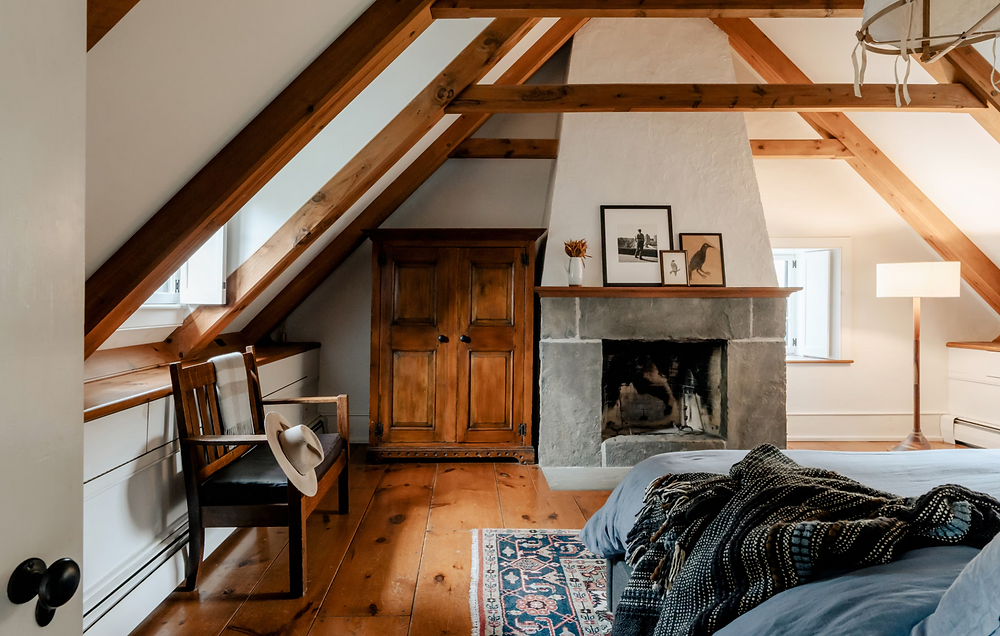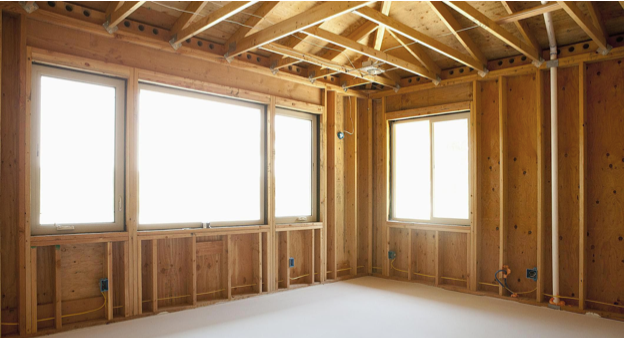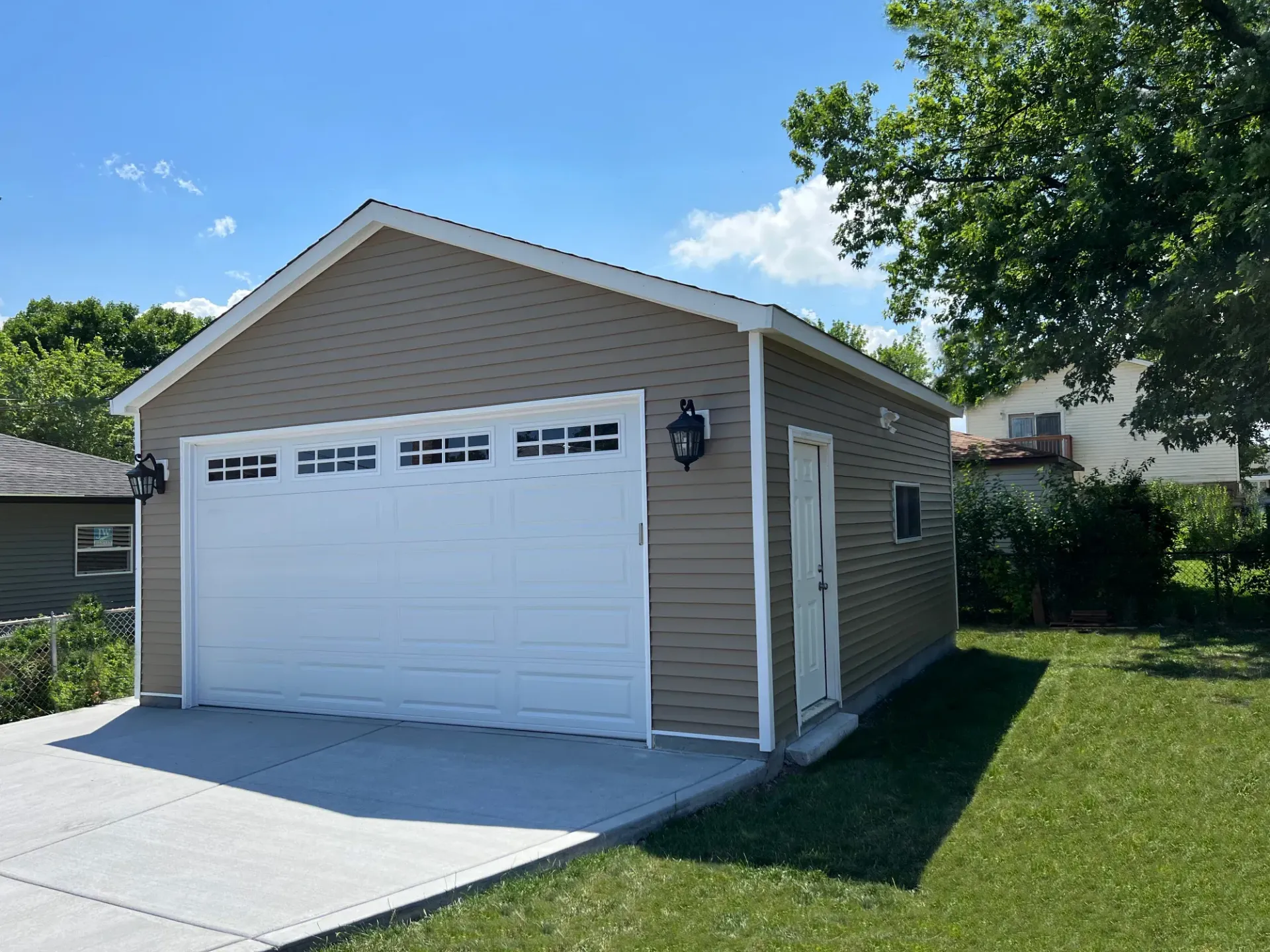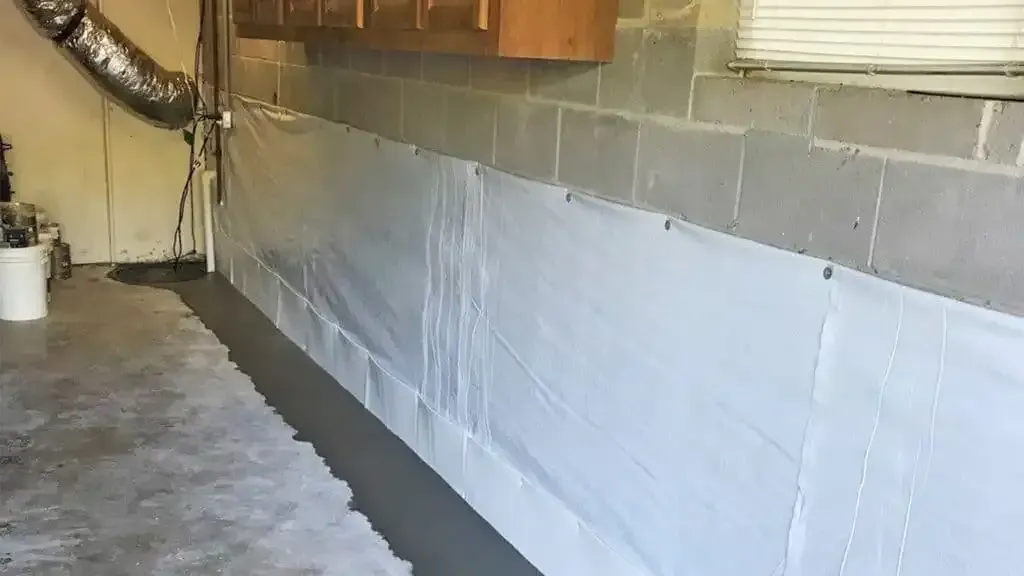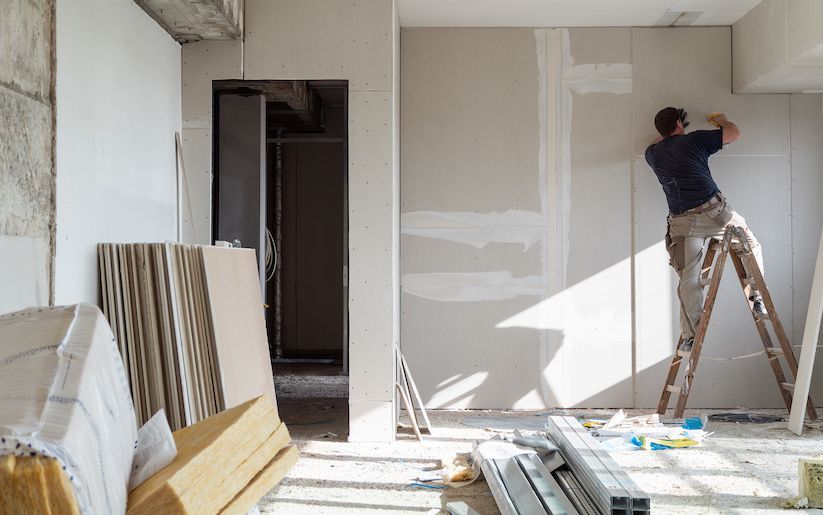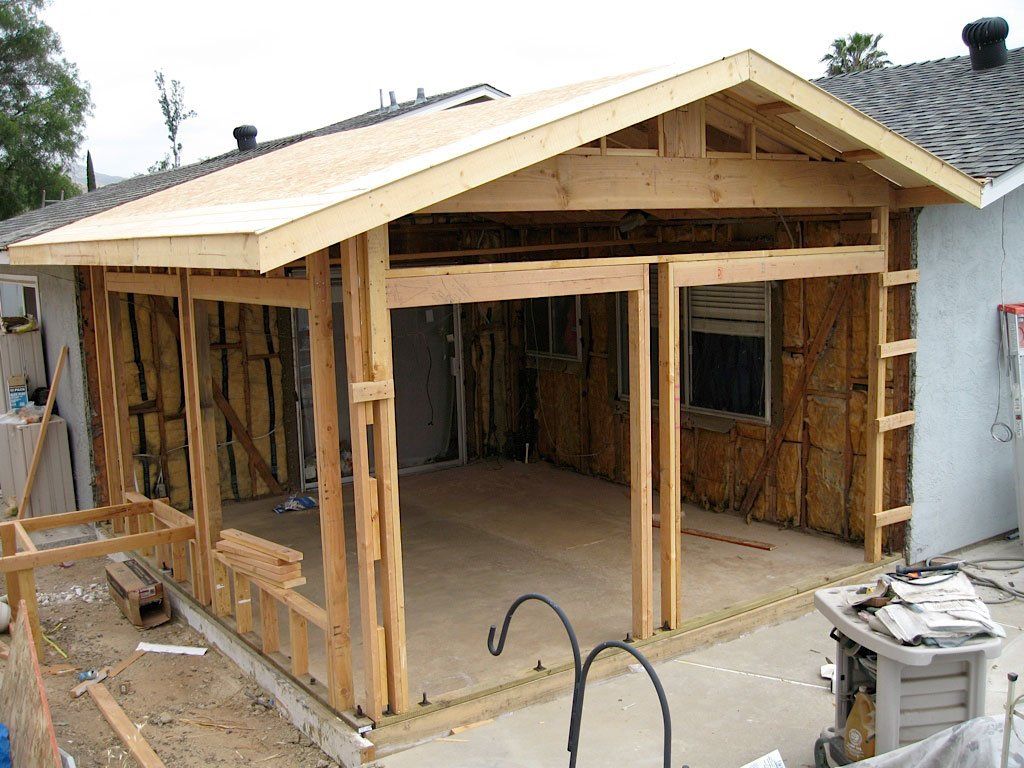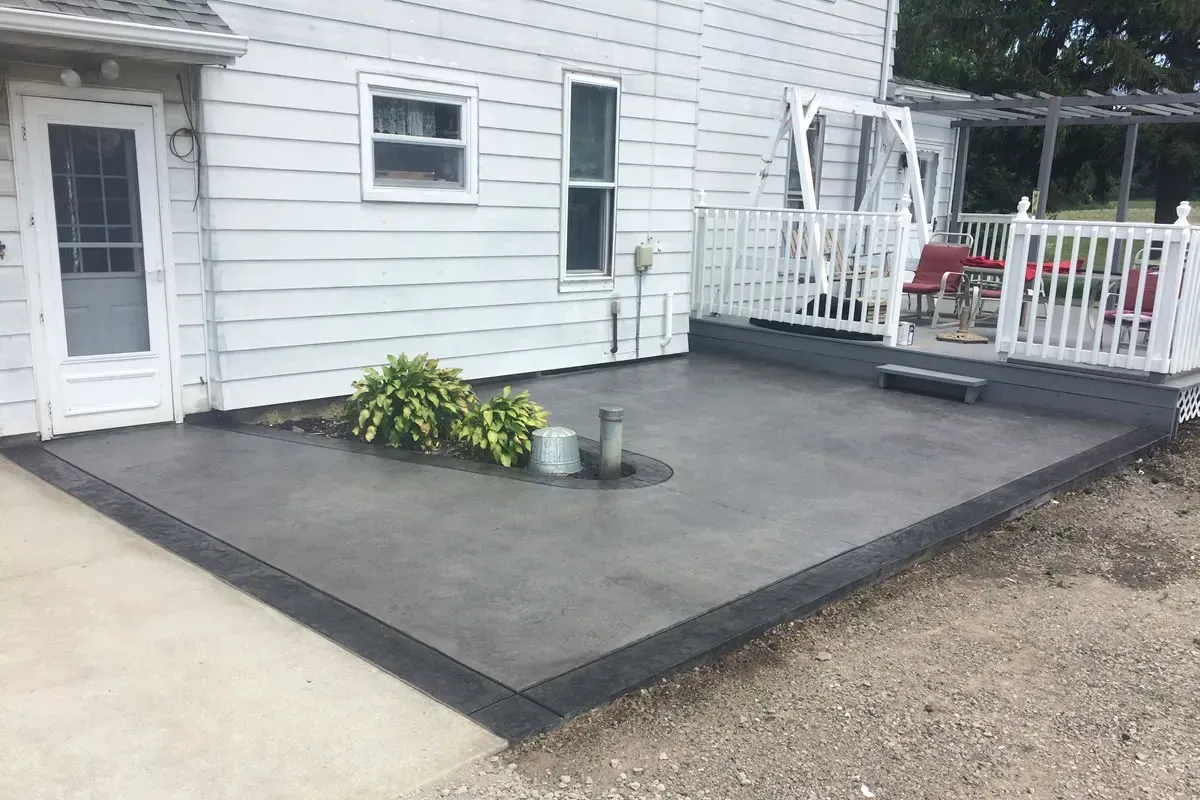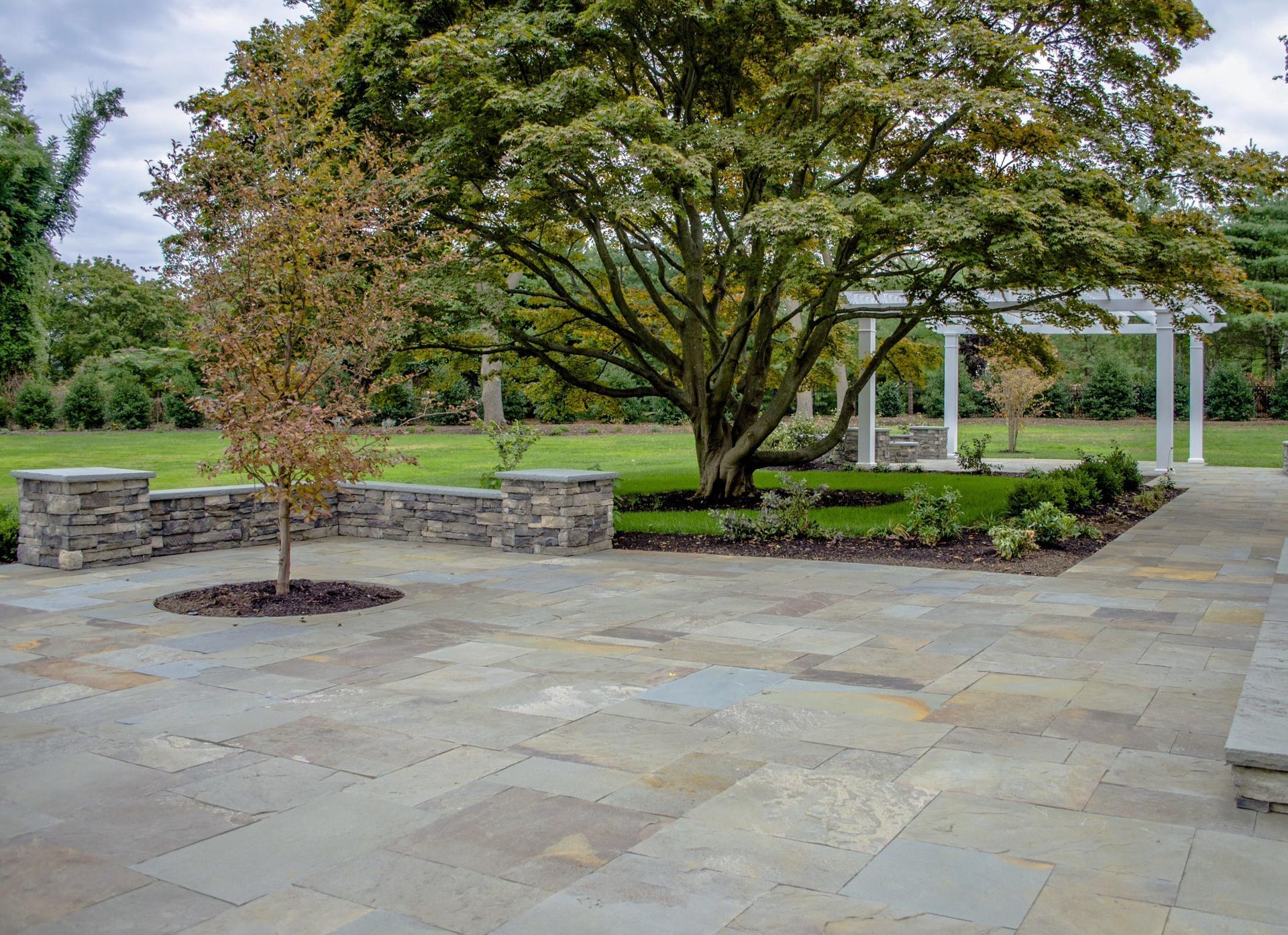Bluestone vs. Granite for Patios in Rhode Island
Granite wins for: Extreme durability, lowest maintenance, best freeze/thaw resistance, local availability in Rhode Island
Bluestone wins for: Classic New England aesthetic, easier cutting/installation, more affordable upfront cost, better slip resistance when textured
Best choice for most Rhode Island homeowners: Granite for high-traffic areas and long-term value, bluestone for decorative applications and traditional New England style.
Understanding Rhode Island's Local Stone Resources
Rhode Island's geological history provides unique advantages for both materials. The state's granite quarries in Westerly and throughout the region produce some of the finest granite in North America, while high-quality Pennsylvania bluestone is readily available through established supply chains serving New England contractors.
Local Granite Advantages in Rhode Island:
- Westerly Granite: World-renowned quality quarried locally
- Reduced transportation costs: Local sourcing saves 15-25% on material costs
- Color consistency: Established local supply chains ensure matching materials for future additions
- Supporting local economy: Rhode Island granite industry employment
Detailed Material Comparison: Bluestone vs. Granite
Durability and Weather Resistance
Granite Performance in Rhode Island Climate:
- Water absorption: Less than 0.5% (virtually waterproof)
- Freeze/thaw resistance: Excellent - rated for 500+ freeze/thaw cycles
- Compressive strength: 19,000-25,000 PSI
- Expected lifespan: 75-100+ years with minimal maintenance
- Salt resistance: Excellent for coastal Rhode Island properties
Bluestone Performance in Rhode Island Climate:
- Water absorption: 3-7% (varies by grade and source)
- Freeze/thaw resistance: Good to excellent (depends on density)
- Compressive strength: 12,000-18,000 PSI
- Expected lifespan: 50-75 years with proper maintenance
- Salt resistance: Good, requires periodic sealing in coastal areas
Appearance and Design Options
Granite Aesthetic Qualities:
- Color range: Pink, gray, black, white, and speckled varieties
- Finish options: Polished, honed, flamed, bush-hammered
- Pattern consistency: Uniform appearance across large areas
- Modern appeal: Contemporary look suits updated Rhode Island homes
- Westerly granite: Distinctive light gray with subtle pink undertones
Bluestone Aesthetic Qualities:
- Color palette: Blue-gray, gray, lilac, and rust variations
- Natural character: Unique patterns and color variations in each piece
- Traditional appeal: Classic New England colonial and Victorian home complement
- Texture options: Natural cleft, honed smooth, or thermal finish
- Weathering: Develops attractive patina over time
Cost Analysis for Rhode Island Homeowners
Granite Costs (per square foot installed):
- Local Westerly granite: $15-25 per sq ft
- Other granite varieties: $12-22 per sq ft
- Premium finishes: $20-35 per sq ft
- Total project cost (500 sq ft): $7,500-17,500
Bluestone Costs (per square foot installed):
- Pennsylvania bluestone: $10-18 per sq ft
- Thermal finish bluestone: $12-20 per sq ft
- Premium select grade: $15-25 per sq ft
- Total project cost (500 sq ft): $5,000-12,500
Long-term Cost Considerations:
- Granite: Minimal maintenance costs over 20 years
- Bluestone: Periodic sealing ($200-400 every 3-5 years)
- Replacement likelihood: Granite virtually zero, bluestone low with proper care
Installation Considerations in Rhode Island
Base Requirements and Preparation
Granite Installation Specifications:
- Base thickness: 8-10 inches compacted gravel (heavier material requires stronger base)
- Sand bedding: 1-inch screeded sand layer
- Joint spacing: 1/4-1/2 inch joints with polymeric sand
- Equipment needs: Heavy machinery required for large pieces
- Installation time: 3-5 days for typical patio (additional time for cutting)
Bluestone Installation Specifications:
- Base thickness: 6-8 inches compacted gravel (lighter weight requirement)
- Sand bedding: 1-inch screeded sand layer
- Joint spacing: 1/4-3/8 inch joints, more forgiving of irregularities
- Cutting ease: Easier to cut and shape on-site
- Installation time: 2-4 days for typical patio
Rhode Island Soil and Drainage Considerations
Rhode Island's clay-rich soils require special attention for both materials:
Drainage Requirements:
- Excavation depth: 18-24 inches in clay soils
- French drain systems: Recommended for both materials in low-lying areas
- Slope requirements: Minimum 2% grade away from structures
- Geotextile fabric: Essential to prevent base material migration
Performance in Rhode Island's Coastal Climate
Salt Air and Coastal Conditions
Granite Coastal Performance:
- Salt resistance: Excellent - non-reactive to salt spray
- Staining resistance: Superior resistance to organic stains
- UV stability: No fading or color change from sun exposure
- Maintenance frequency: Annual cleaning sufficient
Bluestone Coastal Performance:
- Salt tolerance: Good with proper sealing
- Staining susceptibility: More porous, requires protective treatments
- UV stability: Excellent - colors remain stable
- Maintenance frequency: Bi-annual cleaning and periodic sealing needed
Winter Performance and Ice Management
Ice Removal Compatibility:
- Granite: Compatible with all ice melt products and snow removal methods
- Bluestone: Avoid acidic ice melts; use sand or calcium chloride alternatives
- Snow plowing: Both materials handle mechanical snow removal well
- Thermal shock resistance: Granite superior, bluestone good with quality material
Aesthetic Integration with Rhode Island Architecture
Colonial and Victorian Homes
Bluestone advantages:
- Traditional New England material historically used
- Complements brick, clapboard, and stone foundations
- Ages gracefully with historic home character
- Available in sizes matching historical proportions
Granite considerations:
- More contemporary appearance may contrast with historical styles
- Light-colored granite can brighten dark traditional exteriors
- Requires careful color selection to maintain period authenticity
Contemporary and Modern Homes
Granite advantages:
- Clean lines and consistent appearance suit modern design
- Wide range of colors and finishes available
- Polished finishes create sophisticated outdoor living spaces
- Pairs well with stainless steel and modern outdoor furniture
Bluestone applications:
- Natural cleft texture adds organic element to modern designs
- Blue-gray tones complement contemporary color palettes
- Irregular shapes create interesting geometric patterns
Maintenance Requirements in Rhode Island Climate
Granite Maintenance Schedule
Annual tasks:
- Spring pressure washing to remove winter salt and debris
- Inspect joints and add polymeric sand as needed
- Check for any settling or drainage issues
Long-term maintenance:
- Joint re-sanding every 3-5 years
- Possible re-leveling after 15-20 years (minimal)
- No sealing required for most granite types
Bluestone Maintenance Schedule
Bi-annual tasks:
- Spring and fall cleaning with pH-neutral stone cleaner
- Inspect and repair any damaged or loose pieces
- Monitor for efflorescence (white mineral deposits)
Regular maintenance:
- Sealing every 3-5 years with penetrating stone sealer
- Stain removal as needed with appropriate stone cleaners
- Joint maintenance and re-pointing every 5-7 years
Environmental and Sustainability Factors
Local Sourcing Environmental Impact
Granite benefits:
- Westerly granite: Minimal transportation emissions
- Local employment: Supports Rhode Island quarry workers
- Reduced carbon footprint: Local sourcing cuts transportation by 80%
Bluestone considerations:
- Transportation distance: Shipped from Pennsylvania quarries
- Established supply chains: Efficient logistics reduce environmental impact
- Quarry practices: Many Pennsylvania quarries follow sustainable practices
Longevity and Lifecycle Assessment
Granite lifecycle:
- Initial embodied energy: Higher due to processing requirements
- Operational energy: Zero ongoing energy requirements
- End-of-life: 100% recyclable for future construction projects
- Total environmental impact: Lower due to exceptional longevity
Bluestone lifecycle:
- Initial embodied energy: Moderate processing requirements
- Operational energy: Periodic maintenance and sealing requirements
- End-of-life: Recyclable for landscaping and construction applications
- Total environmental impact: Moderate due to maintenance requirements
Professional Installation vs. DIY Considerations
Why Professional Installation Matters in Rhode Island
Technical expertise required:
- Proper base preparation: Critical for freeze/thaw performance
- Drainage design: Essential for Rhode Island's wet seasons
- Material handling: Heavy stone requires proper equipment
- Joint technique: Proper installation prevents water infiltration
Local code compliance:
- Setback requirements: Vary by Rhode Island municipality
- Drainage regulations: Stormwater management increasingly important
- Accessibility standards: ADA compliance for commercial applications
DIY Feasibility Assessment
Granite DIY challenges:
- Weight: 15-20 lbs per square foot requires multiple people
- Cutting: Requires specialized diamond blade equipment
- Precision: Tight tolerances needed for professional appearance
- Equipment rental: Significant additional costs
Bluestone DIY advantages:
- Lighter weight: 12-15 lbs per square foot, more manageable
- Easier cutting: Standard masonry tools sufficient
- Forgiving installation: Natural variations hide minor imperfections
- Material costs: More budget-friendly for DIY projects
Regional Supplier and Contractor Network
Rhode Island Granite Sources
Local quarries and suppliers:
- Westerly granite quarries (direct from source)
- Rhode Island stone yards with established granite inventory
- Regional distributors serving New England market
Bluestone Supply Chain
Established suppliers:
- Pennsylvania bluestone importers with Rhode Island distribution
- New England stone yards specializing in bluestone
- Regional contractors with direct quarry relationships
Making the Right Choice for Your Rhode Island Patio
Choose Granite When:
- Maximum durability is the priority
- Minimal maintenance is desired
- Modern aesthetic suits your home style
- High-traffic areas need exceptional wear resistance
- Coastal location requires superior salt resistance
- Long-term value is more important than upfront cost
Choose Bluestone When:
- Traditional New England look is desired
- Upfront budget is more constrained
- Natural character and unique patterns are preferred
- Easier DIY installation is planned
- Historic home integration is important
- Moderate maintenance is acceptable
Hybrid Approach Options
Many Rhode Island homeowners combine both materials:
- Granite for main patio areas with bluestone accent borders
- Bluestone pathways connecting to granite entertaining spaces
- Mixed pattern designs creating unique visual interest
Frequently Asked Questions
Q: Which material performs better in Rhode Island winters? A: Granite performs better due to lower water absorption and superior freeze/thaw resistance, but high-quality bluestone also performs well with proper installation.
Q: What's the cost difference between bluestone and granite in Rhode Island? A: Granite typically costs 20-40% more upfront but requires significantly less maintenance over time, making long-term costs comparable.
Q: Can I mix bluestone and granite in the same patio design? A: Yes, many Rhode Island homeowners successfully combine both materials, using granite for main areas and bluestone for accents or borders.
Q: Which material adds more value to Rhode Island homes? A: Both materials add significant value, with granite typically providing higher resale value due to its durability and low maintenance requirements.
Q: How do I choose between different grades of bluestone? A: Select "full range" or "select" grade bluestone for Rhode Island's climate - avoid "rustic" or "lilac" grades that may not withstand freeze/thaw cycles as well.
Ready to create the perfect patio for your Rhode Island home with either beautiful bluestone or durable granite?
Rockhouse Construction has extensive experience with both materials and understands the specific requirements for successful patio installation in Rhode Island's challenging climate. Our team can help you evaluate your options, design the perfect layout, and ensure professional installation that will last for decades.
Contact us today for a free consultation and personalized recommendation for your dream patio project.


